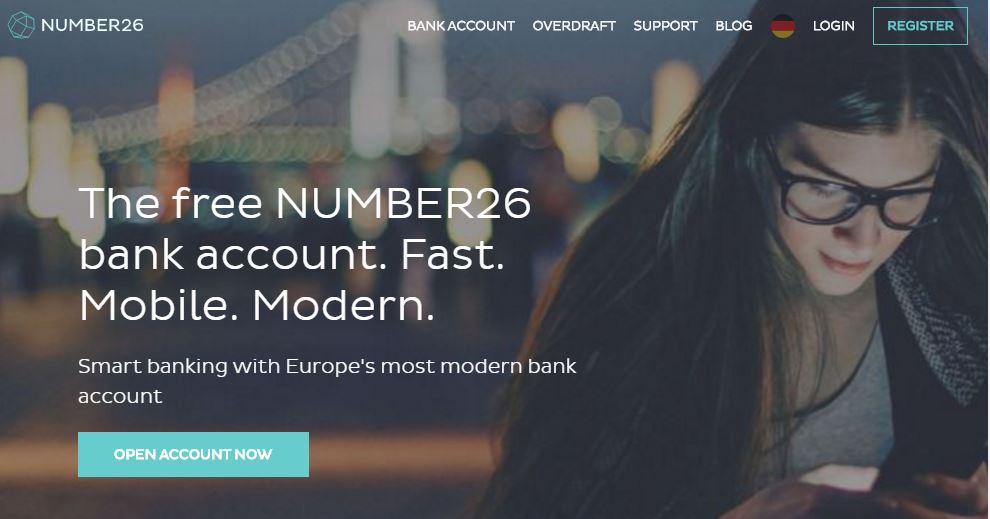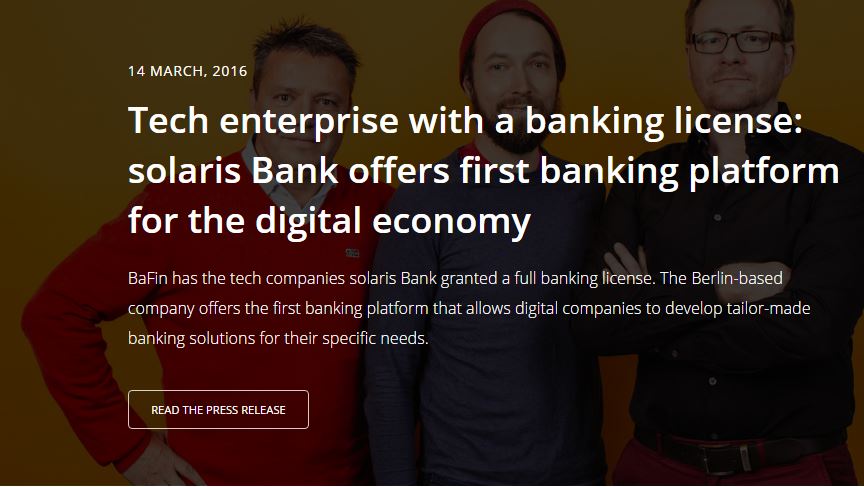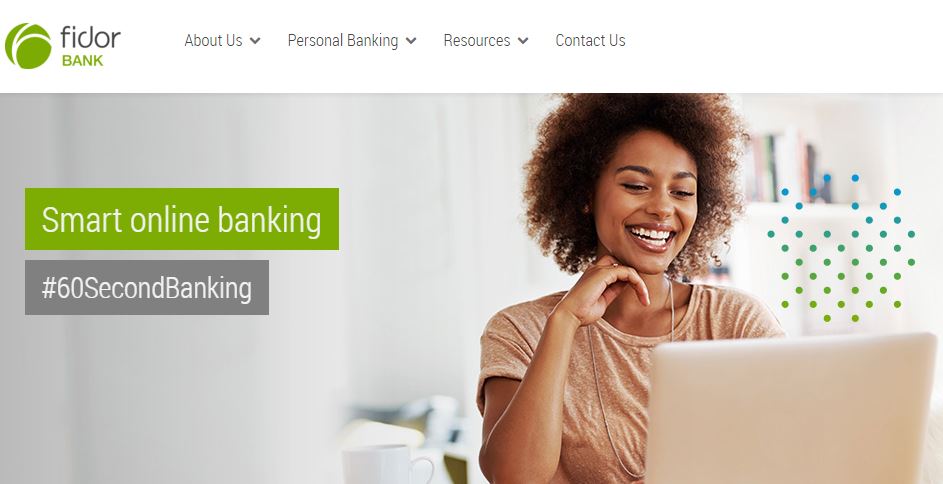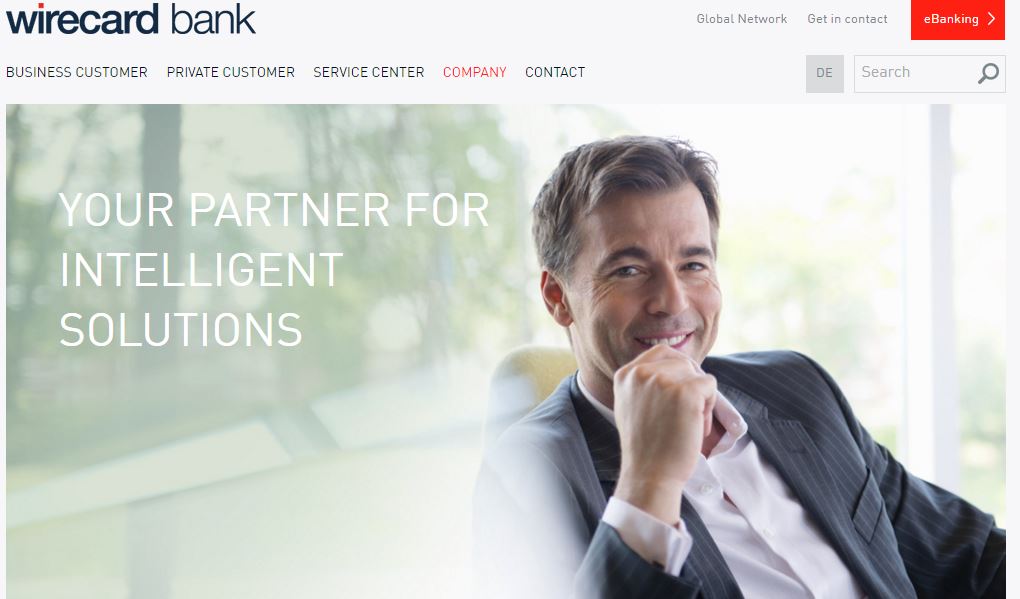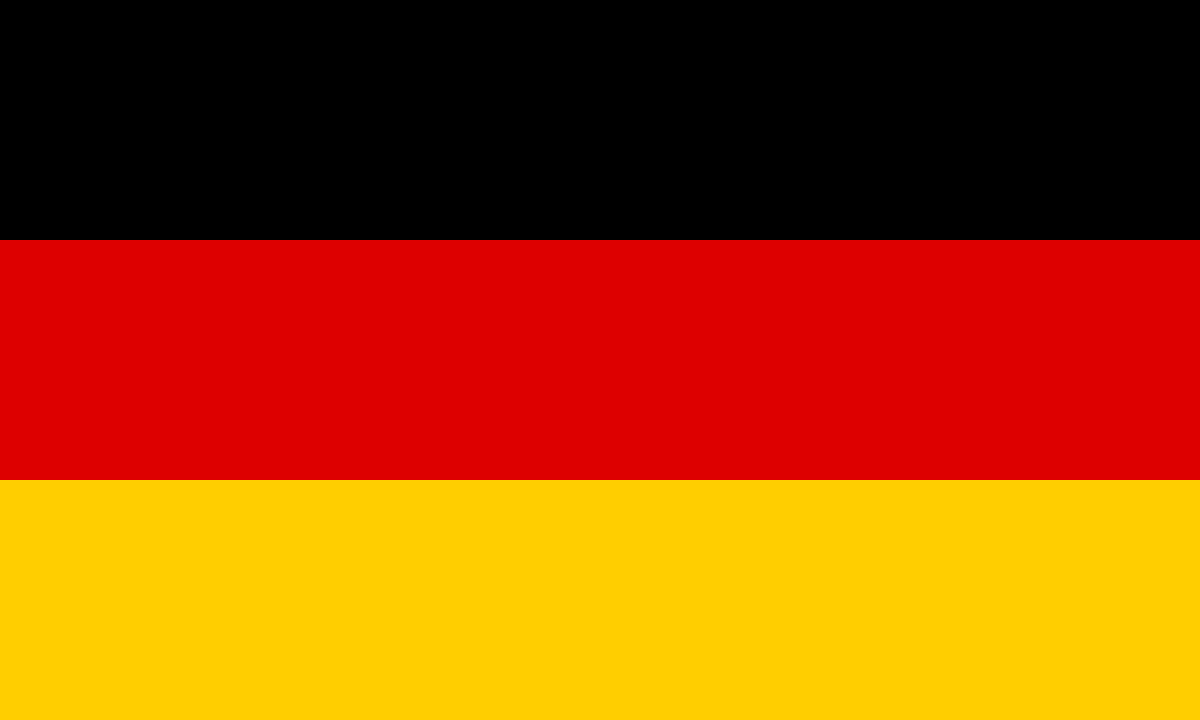
There are a number of hotbeds for innovation in finance – London, Singapore, Tel Aviv, Silicon Valley – may all spring to mind to begin with … but what about Berlin and Munich?
Yes, Berlin is showing some interesting true colours with three standout start-ups: Fidor, NUMBER26 and solaris. Two are full banks with banking licenses – Fidor and solaris – and the third, NUMBER26 is using components to build a bank including the use of Wirecard Bank to offer bank services and TransferWise to move money across borders. These last points are pretty interesting, as all of these startups are seeing a component based ecosystem to build their bank offers. Fidor partners with firms like Kraken, Ripple and Currency Cloud to drive their payments services and innovations. Meanwhile, solaris is offering all of the basics of banking and payments as pieces for Fintech and commercial companies to incorporate financial processing into their services without having to deal with the full service bank structures of traditional incumbents.
Purely for the record, here is an overview of the three companies taken from materials in public domain, along with an overview of Wirecard Bank, who are also innovating as the bank behind not just NUMBER26, but also Holvi and others.
Founded in February 2013 by Valentin Stalf, CEO & Maximilian Tayenthal, CFO/COO.
- Product launch: Jan. 26, 2015
- Sector: FinTech, retail banking
- Number of employees: 80
- Number of customers: 90.000 (December 2015)
- Countries: Austria, France, Germany, Greece, Ireland, Italy, Slovakia, and Spain
- Languages: German, English
- Collected capital: 12.6 million Euro
- Investors: Earlybird Ventures, Valar Ventures, Redalpine Ventures, Axel Springer Plug and Play and various business angels
What does NUMBER26 do?
NUMBER26 offers a fully fledged bank account with MasterCard, which can be handled completely on the smartphone. NUMBER26’s goal is to reimagine banking from the bottom up easy, fast, and appropriate for the digital age. The account goes along with the user, without any paper forms or processing fees. Intelligent algorithms automatically categorize all expenditures and neatly display them in an overview within the app.
What differentiates NUMBER26?
- Only mobilefirst bank account in Germany
- Open an account in under 8 minutes directly on the smartphone without any paper forms by video identification
- Intuitive mobile app for iOS and Android offer full transparency and account control on the smartphone
- Realtime banking – all transactions are confirmed instantaneously by push notification
- Cash deposits and withdrawals at more than 6,000 retail points all over Germany with Cash26 using only the smartphone
- Intelligent statistics show where the money is going
- Send money with one click to friends via email or SMS
- Full control over the bank account thanks to control centre (e.g. block and unblock your Maestro or MasterCard with one click directly in the app)
- Easy one click and transparent overdraft protection (only in Germany for now)
Why was NUMBER26 founded?
It all began with the idea to create a banking experience the way it should easy, fee free and everywhere available. It’s the 21st century and a bank account opening takes hours, money transfers are a chore, and banking is nothing we look forward to doing. But it doesn’t have to be that way. Thanks to modern technologies working in the background, NUMBER26 built a simple, transparent bank account for everybody who manages their live on their smartphone.
What is the business model?
In the long run NUMBER26 will monetize on the products it builds around its bank account. Customers will soon be able to use the best banking products (saving product, investment, insuring, etc) directly within the app. What differentiates NUMBER26 from the traditional banks is a belief that there are many great companies who are creating unique products in banking. In the future, NUMBER26 customers will be able to pick and choose the best products with just one click and full cost transparency – not unlike a market. In other words, a Fintech HUB.
Who is the target audience of NUMBER26?
The bank account is made for people who use a smartphone. NUMBER26 are especially popular with customers between 18 and 35, although more and more older users open an account. About a third of NUMBER26 customers are over 30. It’s only a question of time until these age groups discover the advantages of mobile banking. It took several years, for example, until people of all ages fully integrated Whatsapp or Facebook into their daily routines. In the end, the bank is a great fit for anybody who is looking for simple and transparent banking. There’s a reason why their MasterCard is transparent.
Does NUMBER26 GmbH have a banking license?
NUMBER26 does not have a banking license. The company partners with Wirecard Bank AG for the bank licnese. All current accounts are opened with them and customers' funds are under their management and are protected to the full extent of the German Deposit Protection Fund. Wirecard Bank AG is a subsidiary of Wirecard AG, an internationally active bank which provides integrated financial and electronic payment services. Founded in 2006, they are trading on TecDax with a market cap of 4.9 billion €. With Wirecard, NUMBER26 found a strong, experienced and flexible bank partner that provides regulatory expertise and is fully licensed to offer our products across Europe. NUMBER26 takes care of the banking experience, which means that we are your point of contact.
In which countries is NUMBER26 available?
NUMBER26 is available in the following countries:
- Germany
- Austria
- France
- Ireland
- Italy
- Spain
- Greece
- Slovakia
Please note that our product, as well as our customer service, is currently available in German and English.
solarisBank is a tech company with a German banking license. The company has built an API-accessible banking platform for the needs of the digital economy. The Solaris-Platform enables digital companies to create custom solutions for their unique financial needs.
“Our services are like Lego bricks: our partners can pick the bricks they require and assemble custom solutions to fit their business needs. Partners can access Solaris Platform services via our easy-to-implement API. The frictionless and straight-forward integration enables solarisBank partners to launch quickly and concentrate on their core business. Of course, we want to reassure our partners that we are fully committed to data privacy and complying with regulations. In fact, enabling compliance for our partners is one of our key offerings.” Andreas Bittner (Managing Director solarisBank)
The bank aims to fill a gap in the markets for Fintech and ecommerce firms. Many marketplaces, e-commerce platforms and Fintech companies require close cooperation with banking institutions to enable their core services. However, traditional banks do not have the necessary technology nor the processes to meet the growing demand.
"Digital companies can develop new products and financial solutions with us, unlock new opportunities and expand their existing business segments. Of course, in addition to our focus on technological innovation and enabling a new banking paradigm, we meet or exceed all regulatory requirements with our full bank license,” said co-founder and Managing Director Marko Wenthin. Wenthin previously held international growth roles at Deutsche Handelsbank and Deutsche bank, in addition to founding several companies.
solarisBank fill the gap as a partner for companies in the fast-growing digital economy. The ecommerce market in Germany alone had revenue of 70 billion euros in 2015. In addition to ecommerce businesses and marketplaces, solarisBank will also serve fintech companies seeking to introduce new business models and technologies to the financial industry. Due to stringent legal and regulatory requirements, hardly any fintech firms can operate without relying on partner banks. Until now, these agile startups were dependent on lengthy and cost-intensive analog setup processes with traditional banks. solarisBank aims to be the central player in the German and European fintech ecosystems by meeting the demand for fast and simple integration of banking services via the Solaris Platform.
“Traditional banks have been a drag on the digital economy because they were unable to keep up with the financial needs of companies like Zalando. This caused widespread losses of potential business throughout the industry. We’re fixing this problem by creating Banking as a Platform (BaaP). With solarisBank, businesses don’t need to leave money on the table in order to be compliant anymore. We’re open for business - our platform is already fully operational and scalable." Marko Wenthin (Managing Director solarisBank)
WHO
solarisBank is the first banking platform focused solely on enabling digital business. We don’t consider ourselves a bank - rather, a tech company with a banking license.
WHAT
We provide our partners in the digital economy with the banking and regulatory services they need to realize their visions. Our services are like Legos - they’re modular bricks partners can integrate through our API.
Services include consumer credit, escrow, account management. We also partner with trusted third parties to offer additional services e.g. FX
We’re especially good partners for fintech startups - we’re fast, flexible and offer individualized terms to help companies grow
One of our main goals is to help companies achieve regulatory compliance by deploying the right services. It’s a core part of our on-boarding process.
“At solarisBank, we emphasize technological innovation over banking. We’ve explicitly adjusted to the needs of the digital economy and turned the paradigm of traditional banking upside down”, said Managing Director Andreas Bittner, who previously held roles as Managing Director of Avaloq Sourcing AG and Managing Director of Fondsdepot Bank.
WHERE
We can serve any partner in the European Union due to EU passporting directives.
WHEN
We’re fully operational in Germany and can rapidly (30 days) passport into other EU states based on customer needs.
The demand for digital banking solutions is growing rapidly. “In the future, almost all big internet companies will depend on digital banking solutions to expand their offerings and achieve regulatory compliance. During our preparations, we couldn’t identify a single bank worldwide that specializes exclusively on technology partnerships with digital companies,” said Jan Beckers, Chairman of solarisBank’s supervisory board. “This gap is now filled by solarisBank. Through technology innovation, solarisBank will quickly set new standards.”
FIDOR BANK
I’ve blogged about Fidor often so, rather than writing more, I’ve nicked an interview from Business Insider with my mate Matthias from September last year when the bnak launched in the UK.
Business Insider: Do you want to tell me a little bit about the Fidor story and where the bank is coming from?
Matthias Kröner: Well, how much time have you got? First of all, maybe I should share a little bit about why we set up a bank at a time like that. The team that set up Fidor, there's a core of really dedicated, innovative, rule-breaking guys. We ran a bank before already, this is our second bank. The bank we set up before was a similar direct banking, web-based approached.
BI: What was that called?
MK: DAB Bank. It was a very customer-focused approach, it was rule-breaking. There was a lot of transparency. For the first time we allowed people a very detailed look at their assets, the market price development and enabled them to act on market developments. It was there, like Fidor today, to primarily service the needs of the customer, not the bank.
Why do I think like that? I don't know, but I think I started my business life in the hotel industry and hospitality, and this is why I'm interested in concepts. I'm always interested in how you can set it up in a different way.
With Fidor we thought how can we improve the experience for the customer. With the onset of Web 2.0 we thought this is going to affect retail banking, 100%. And on this conviction we applied for a banking licence. Then the financial crisis started.
BI: Good timing.
MK: Perfect timing. On the one side we've been super annoyed by that, at one time thinking about stopping. On the other side, we had the chance to witness how the established players are acting and behaving in this environment, which they caused themselves.
We saw the Occupy movement, the "We are 99%" movement, how people suddenly started to publicly hate bankers, to call them banksters. We thought, well, that's the biggest starting signal of all. There was a must for Fidor. We received a banking licence in May 2009 and we kicked off our banking business in 2010.
BI: Am I right in thinking you launched here in April?
MK: Yeah, in a very silent, below the radar way. Why do we do so? We first of all want to test the temperature, getting familiar with the environment. You have your own rules like everybody. We've got a German licence which means we can passport that, but nevertheless it's a UK environment.
BI: How's the water been so far?
MK: To be honest, it's the second step we're doing, because we're very active in our loan book business already in the UK. That was going on way before — I would say 3 years now? But we are not acting on a Fidor brand name, we're acting with different loan partners and loan generators and financing and refinancing those parties. Again, we feel very comfortable being in this market. But now it will be Fidor brand.
What is the temperature? So far we feel comfortable. We have the first 100 or so community members, we have the first discussions going on in our community and it will get really interesting when we start to come around with the first products and offerings.
BI: So you haven't launched any products yet?
MK: No, community only so far. Why? Because as part of putting our toe in the water we're going to talk to these early adopting customers and users. We don't talk to them we listen, in order to find out what their priorities will be, what they want to see from a new bank, what they do not want to see. We're taking a mutual approach.
BI: What products are you planning to launch?
MK: First of all, I would say we'll come out with a savings product. Then we will have a sequence of roll-outs and see how we walk along that. It's not all planned out. In the community there's a lot of conversation going on about bitcoin, so we will see how British regulators handle that. Will it be the top priority? We will see.
We will see what we can do with payments, maybe integrate Ripple. We're definitely going to come up with an SME [small and medium enterprise] product at some point, maybe not now but in the longer term. But longer term to us means 9 months instead of 3 months. I'm not talking normal banking longer term.
You can see what we have today in Germany, which is the current account for retail and corporate that is very rich in its functionality. It has different ways of sending money, it has peer-to-peer lending as well as normal loan products from us, savings and investments via crowdfunding, FX as well as precious metals.
We're teaming up with peer-to-peer brokers, crowdfunding partners — the fintech environment. Which means the product is as attractive as possible. Fintech we are embracing. We are very happy to integrate them into our product. Our account in the UK will become what it is in Germany, which is a marketplace.
BI: Interesting, so you're reimagining how a bank works.
MK: Yeah, maybe. We have some core features delivered by us and the rest is from outside partners. But we as the bank take care of regulation, we as a bank take care of our customers' identity, we take care of the payment issues. We enable it by an API technology. We've already had one or two developer days in the UK.
We are, in a nutshell, an infrastructure platform with a banking licence. And this is what creates this kind of flexibility and possibility to ask a community — what do you want to have? We are agnostic. At the end of the day we are driven by the priority of our customers.
BI: What do you make of the UK's fintech scene?
MK: In the sense of adoption by the customer, Germany is actually the least developed country in terms of fintech. The German audience is super scared of any tech-driven innovation. They say, why do I need this? They worry we'll take their data. They're extremely scared of anything that requires data. Somehow they've trapped themselves.
We have almost 300,000 in our community and almost 90,000 fully KYC [know your customer, a legal identity checking requirement] customers. But this is only because we are offering you both — it's like the Sushi Samba [an Asian fusion restaurant in London]. We offer you traditional banking, but we spice it up with innovation.
The fintech environment in Germany is pretty poor. The UK is way ahead. This, of course, is part of the US influence because whenever a US peer thinks about going to Europe they think about going to the UK, not knowing that you do not regard yourselves as Europe.
BI: Within Europe where do you see the UK ranking — do you see it being one of your top markets?
MK: Absolutely. We see the UK being a core market like Germany to us. The majority of our loan book is already in the UK. On the other side we think the banking environment is extremely interesting in the UK. You have a very oligopolistic market in the UK. It's not a real competitive environment.
BI: You mentioned there's been quite a lot of talk of bitcoin in the community. You're quite popular with bitcoin fans in Germany, do you see bitcoin banking as a big opportunity here?
MK: It really depends on what we define as bitcoin banking. Today I have to say we do not touch bitcoin. We think regulators are doing good to understand what it really means. People make a mistake by thinking the euro, the deutschmark, the pound is given by nature. This is not good for you.
On the other side what I find more interesting to be honest is the blockchain technology [the software that underpins bitcoin and allows transactions]. Bitcoin is a use case for the blockchain technology. We also have to talk about what are the use cases for the bitcoin, because besides trading I don't see a lot.
We need to do way more trial and error on use cases of the blockchain. The objective should be that there is a huge advantage for the customer using it. Why am I saying that? Because I find even in an innovative environment there's a lot of dogmatism.
BI: So are you looking at the blockchain and how you can use it?
MK: By integrating Ripple a year ago, we already are. We're way closer than any other bank I would say. A bank's role in future will be protecting your identity. Identity will be the biggest asset.
BI: What does that mean?
MK: I hoped for that question. That means a bank is by law a trusted partner to you. I'm forced to double check your identity for money laundering reasons. So once I've done this, I could go to a fintech company looking for customers and say look, all of the customers I have are KYC'd. If the customer agrees, we can share the credentials with you.
BI: It goes back to what you were saying earlier about the bank as a marketplace.
MK: Absolutely. It's a platform, it's an infrastructure, it's a marketplace, it's shielding by a banking licence. All this is driven by our own propriety technology called Fidor operating system. It's ringfenced by our API environment. And that's modern banking.
As a fully licensed German bank within the Wirecard Group, the Wirecard Bank offers innovative products and services for both business and private customers.
Today, it is important that cashless payments are easy, quick and secure transactions with transparent processes. Good business and advantageous purchases are decided in a matter of seconds. The Wirecard Bank makes life easier with its customised services and solutions.
Whether making cashless payments as a company, online shop operator, customer or buyer, reliable processes are absolutely essential. The Wirecard Bank offers everything business or private customers need from a single source, including payment systems, account management, cards, corporate and private banking and much more, all tailored to individual requirements.
Place your trust in the security standards of the German full-service bank for all your national and global banking operations. The Wirecard Bank is a member of the Deposit Protection Fund of the Association of German Banks (Einlagensicherungsfonds des Bundesverbandes deutscher Banken) and is subject to supervision by the Federal Financial Supervisory Authority (BAFin). As a company in the Wirecard Group, it benefits from innovative technological solutions and comprehensive e-Commerce expertise.
The Wirecard Bank is a member of Visa, MasterCard and JCB International, as well as being licensed to conclude credit card acceptance contracts (acquiring) and issue cards (issuing). In addition to established providers such as Visa, MasterCard and JCB International, the bank’s portfolio includes own cards such as the Prepaid Trio and the mywirecard card family for private customers.
With more than 100 transaction and 17 payment currencies and points of acceptance in 124 countries, the Wirecard Bank is a leading international acquirer. Based on its extensive knowledge of business models and processes as well as the country and currency-specific characteristics of many e-Commerce sectors, the Wirecard Bank is able to offer a wide range of solutions.
Chris M Skinner
Chris Skinner is best known as an independent commentator on the financial markets through his blog, TheFinanser.com, as author of the bestselling book Digital Bank, and Chair of the European networking forum the Financial Services Club. He has been voted one of the most influential people in banking by The Financial Brand (as well as one of the best blogs), a FinTech Titan (Next Bank), one of the Fintech Leaders you need to follow (City AM, Deluxe and Jax Finance), as well as one of the Top 40 most influential people in financial technology by the Wall Street Journal's Financial News. To learn more click here...


